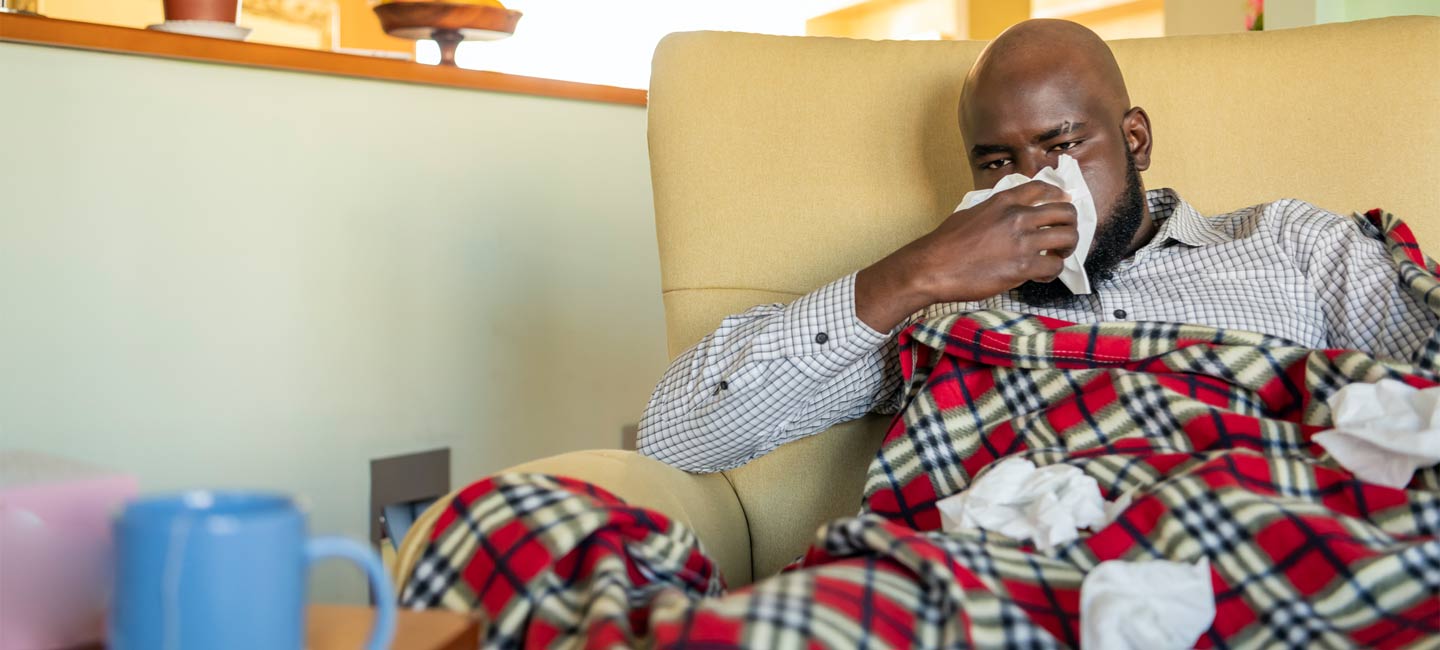Cancer Survivors Vulnerable to Flu Complications Years After Treatments End, Study Says
Survivors of certain cancer types are more likely to have serious complications from the flu even up to a decade after their cancer diagnosis, according to a new study.
The study, published in EClinicalMedicine, looked at the rates of hospital admission and death rates from the flu between cancer survivors and the cancer-free population. It found that the risk of the more severe outcomes was more than nine times higher in survivors from lymphoma, leukemia and multiple myeloma, compared to those with no prior cancer.
According to Dr. John Greene, chair of the Infectious Diseases Department at Moffitt Cancer Center, cancer patients are more vulnerable to complications from the flu because of their weakened immune systems, and the virus tends to live longer in them than those with healthy immune systems.
“Patients with a hematologic malignancy such as leukemia, lymphoma and multiple myeloma have the highest immunosuppression from their cancer and its treatment,” said Greene. “Even though we assume their immune system is back to normal after five years of remission, this may not be the case and some degree of immune impairment may last for the rest of their life.”

The flu can cause respiratory failure or secondary bacterial infections that could lead to life-threatening pneumonia.
Moffitt experts say the traditional flu shot, which is made from the dead flu virus, is safe for most cancer patients unless you are:
- Receiving anti-B-cell antibodies such as rituximab or alemtuzumab
- Going through intensive chemotherapy such as induction or consolation therapy for acute leukemia
“The bottom line is these patients should be prioritized for vaccination for flu and COVID-19 due to a higher risk of bad outcomes,” said Greene. “On the other hand hematologic and solid tumor patients are less likely to develop protective immune response to vaccination than the general public. Nevertheless they still should be vaccinated as a high priority.”
Several studies have shown flu vaccination reduces the severity of illness in people who get vaccinated but still get sick. A 2017 study showed flu vaccination reduced deaths, Intensive Care Unit admissions and length of hospital stay.
If a cancer patient does get the flu, the antiviral drug Tamiflu is safe to take. Ideally, it should be taken within 48 hours of the first symptoms. It can also be a preventive tool if a family member has the flu.



